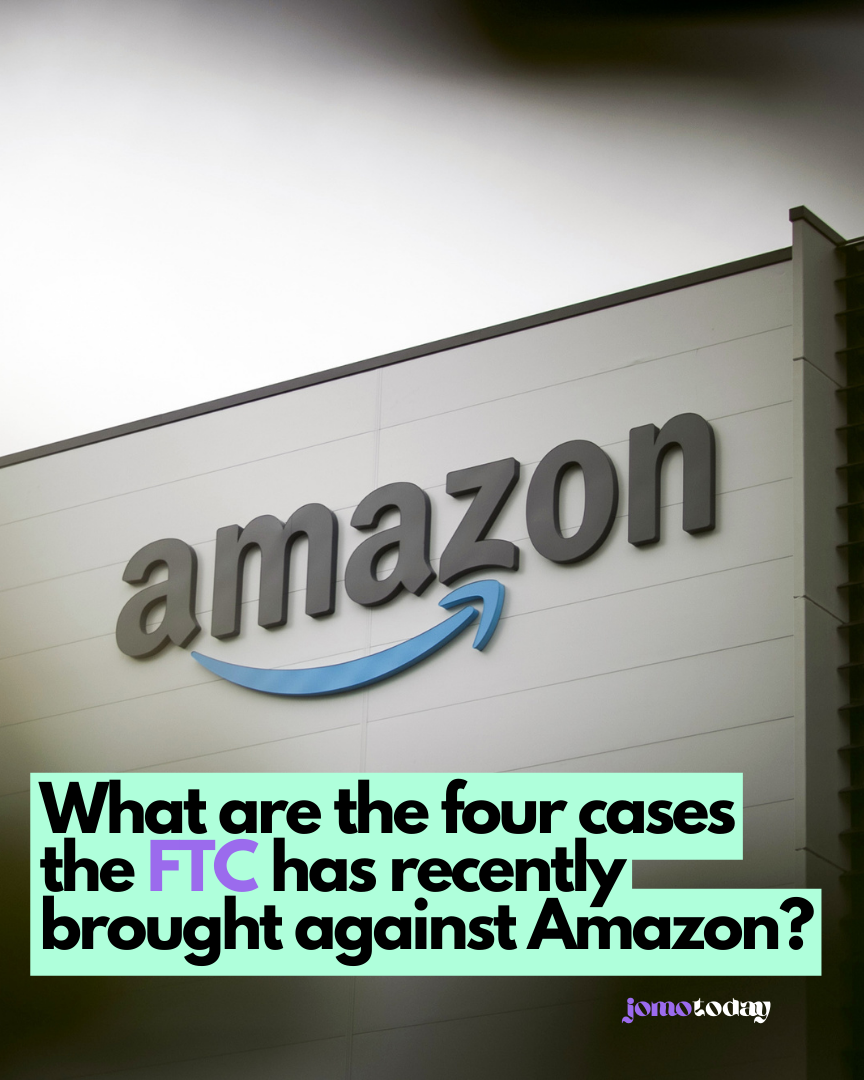The Federal Trade Commission (FTC) has launched a significant legal challenge against Amazon, accusing the company of fraudulent activities related to pricing practices. This lawsuit, supported by 17 state attorneys general, represents the latest in a series of legal actions against Amazon during the Biden administration.

FTC’s chair, Lina Khan, known for her critical stance on Amazon’s monopolistic power, has initiated three other cases against the company this year. Two of these cases have been settled out of court, while the third is awaiting trial.
Furthermore, California and Washington, D.C., attorneys general have independently sued Amazon, alleging anticompetitive behavior and restrictive agreements imposed on sellers. These lawsuits have been ongoing, with trial dates set for the coming years.
FTC vs. Amazon’s marketplace
In the most recent lawsuit, the FTC has accused Amazon of manipulating online prices through monopolistic practices that stifle competition in terms of pricing, product selection, quality, and hindering rivals from attracting customers and sellers.
FTC vs. Ring
Amazon has defended its practices, arguing that they have encouraged competition in the retail industry, resulting in a broader selection of goods, lower prices, and quicker delivery times. However, Amazon’s security camera company, Ring, settled with the FTC for $5.8 million in May over allegations of employee misconduct, including unauthorized access to users’ video recordings.
Additionally, Amazon settled with the FTC for $25 million in May regarding allegations that its Alexa virtual assistant devices stored user information indefinitely, including data from children, violating the Children’s Online Privacy Protection Act (COPPA).
FTC vs. Alexa
The FTC claimed that Amazon retained voice recordings and text transcripts of Alexa requests, including those made by children, without a valid reason for doing so. Amazon responded by stating that it retained voice recordings until parents opted to delete them, but it would begin removing inactive child profiles after 18 months.
FTC vs. Prime
In June, the FTC sued Amazon for allegedly using deceptive tactics, known as dark patterns, to persuade users to sign up for its Prime subscription service. The FTC accused Amazon of misleading customers into enrolling in Prime and making it challenging to cancel, with the internal process jokingly nicknamed the “Illiad.”
This case remains pending, with Amazon disputing the FTC’s claims and asserting that it has always provided clear and straightforward options for customers to sign up for and cancel Prime.
Overall, these legal actions against Amazon reflect a broader effort to address antitrust and consumer protection concerns related to the e-commerce giant.
Read more: Bruce Willis’ wife calls his dementia a blessing and a curse






1 Comment